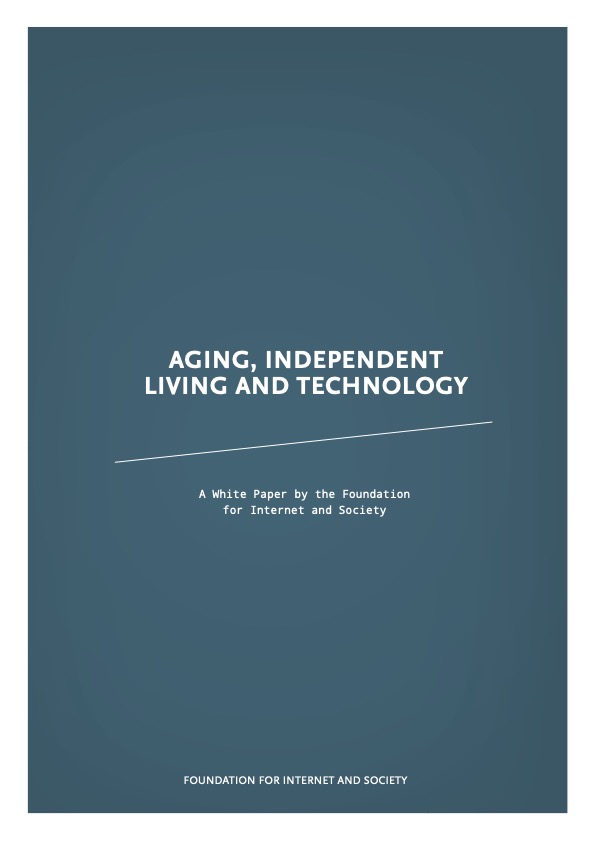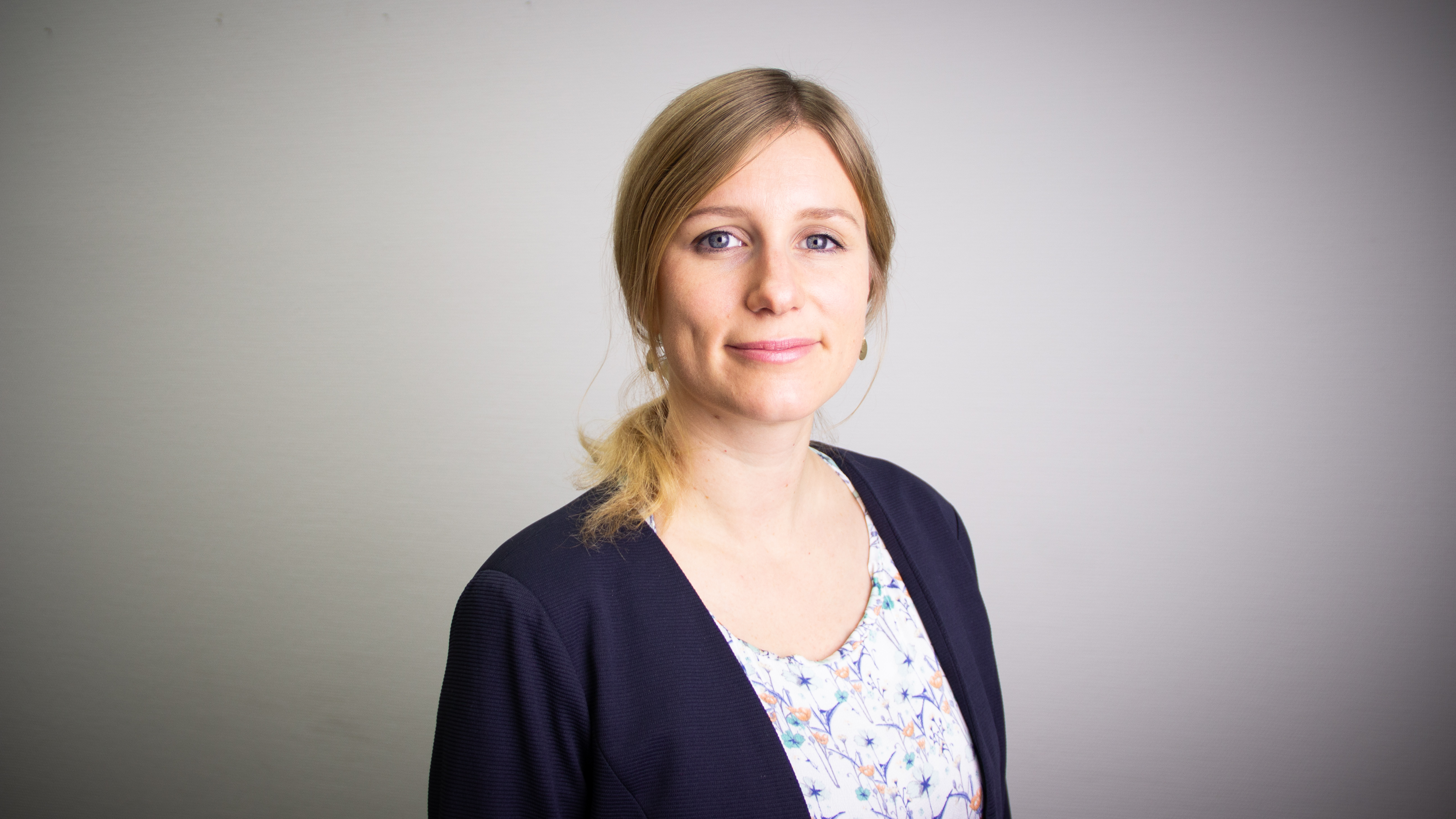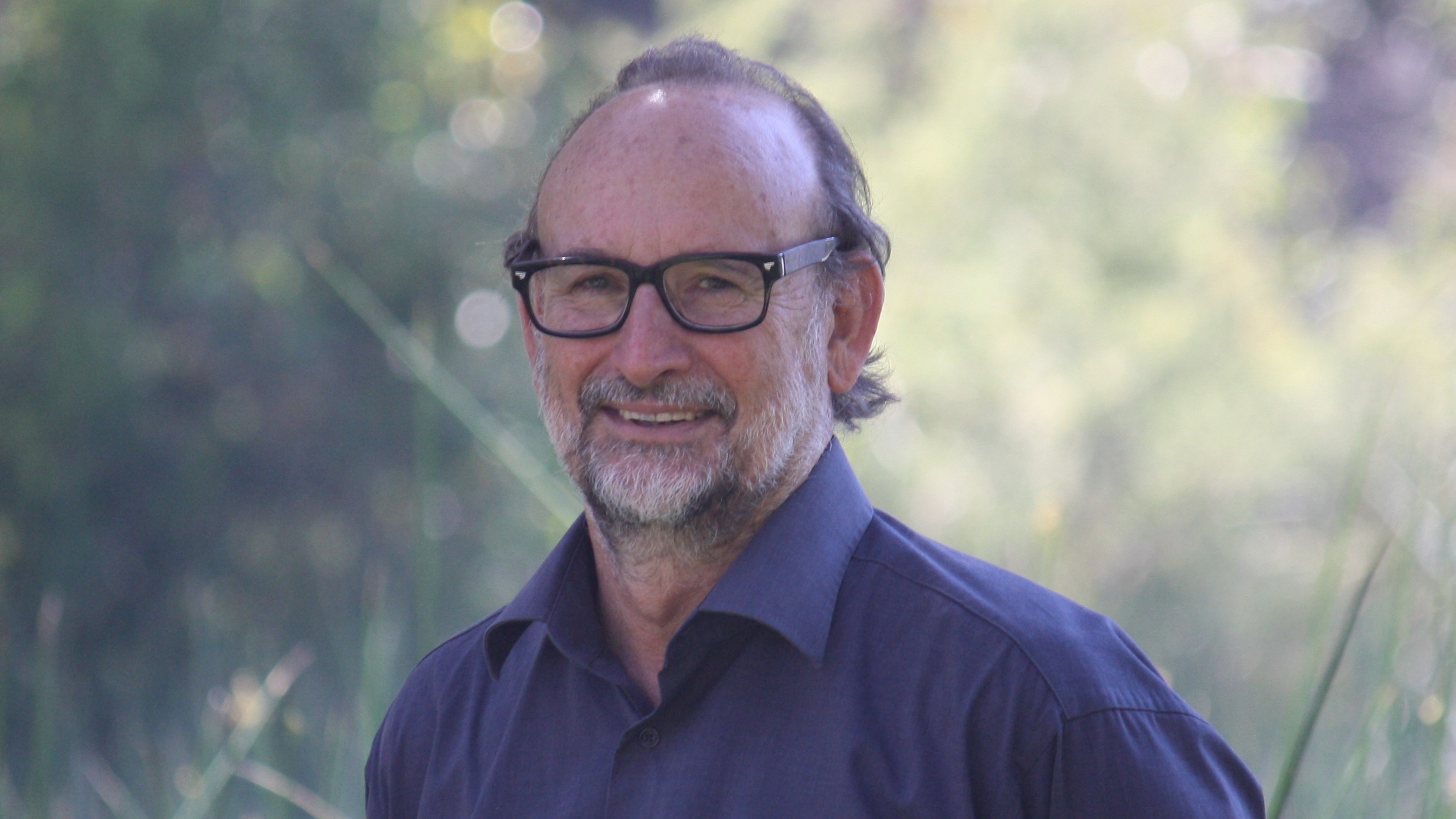The white paper sheds light on aging in the digital society, with a particular focus on independent living and aging at home. It provides insights into the promises and challenges of age-related technology, the current state of research into aging in place as well as the range of solutions available to different stakeholders. The white paper's key finding is the need for a strategic multi-disciplinary approach to research and design of solutions for aging. It presents the DUCAH Learning / Living Lab, a research platform developed by the Digital Urban Center for Aging and Health (DUCAH), that explores and innovates systems that adapt to people and their lives, integrates research processes and innovation processes into real-life living and working settings, and involves the people who live and work there in participatory design and research.A rapid increase in aged cohorts takes place in most countries of the world that drives the need for action and policy efforts on digital health. A major goal for seniors, but also for governments and caregivers, is aging at home, leading a healthy, dignified and engaged life in the familiar social and physical environment of their neighbourhood for as long as possible. This trend creates challenges for the elderly and those engaged in the practice of caring – doctors, nurses, carers, workers in allied health areas and relatives – that a flood of technological products and services aims to address. The white paper finds that these products largely fail to consider the complexities of aging and the needs and expectations of the elderly, but also of other stakeholders and the diversity of their objectives, with the absence of participatory design being a particular concern. Shedding light on the key domains of elderly functions and activities, such as health and self-esteem, mobility and transport, housing and living, communication and governance, and work and leisure, as well as the different stakeholders, their perspectives and objectives, the white paper identifies existing solutions in a broad range of domains such as healthcare and nursing, monitoring and assistive technologies, architecture and town planning, government policy and regulation, psychology and caregiving. It also identifies pitfalls regarding the application of technology to aging, e.g. the consequences of a push approach, the heterogeneity of attitudes to technology use, or the immanent dependence on the technological context.The white paper proposes and presents an alternative approach: a Learning/Living Lab that integrates design and research of the technologies into the very living environment in which they will be used. It involves older people with a range of characteristics in participatory design and research across the full product and service process. It engages researchers, care providers, entrepreneurs and other stakeholders in developing and testing digital health and care solutions that help preserve the existing social environment for all generations, thus offering an example for how to implement multi-sided platforms and research in human-centred digital field studies.






